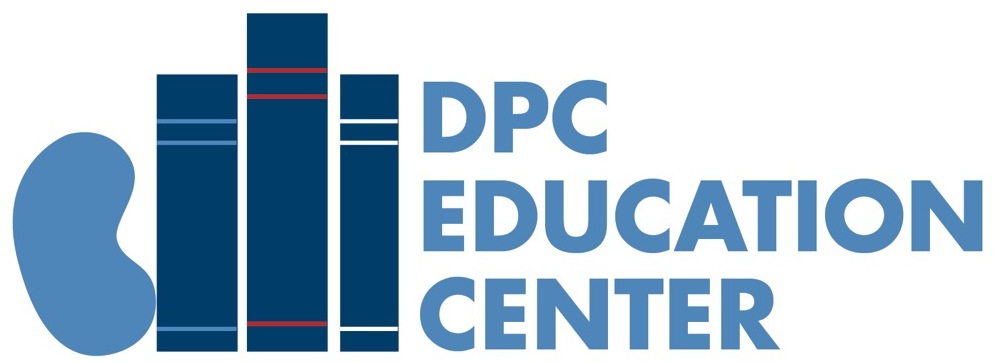High blood pressure is the second leading cause of Chronic Kidney Disease (CKD) because it can damage blood vessel walls over time. This can decrease the amount of oxygen that can get to organs like the kidneys and heart. The high pressure can also damage the tiny filters inside the kidneys which clean our blood. If a person with CKD develops high blood pressure it is more likely that their kidney disease will get worse and they will have heart problems - Cardiovascular Disease (CVD).
Anemia occurs when there are not enough red blood cells (RBCs) to carry oxygen to organs and cells. Healthy kidneys produce a hormone called erythropoietin (EPO) which helps to produce red blood cells. Damaged kidneys make less EPO so people with CKD produce fewer red blood cells and less oxygen is carried. This causes the heart to work harder to circulate the oxygen needed by the other organs and cells which can cause CVD.
Abnormal calcium and phosphorus levels can lead to CKD-MBD (chronic kidney disease mineral and bone disorder). Early in CKD there can be changes in how the body balances calcium and phosphorus. Extra phosphorus and calcium may be removed from the bones and be deposited in blood vessels and organs. These bone-like deposits (calcification) damage blood vessels and organs like the heart, leading to CVD.
Fluid overload is caused by kidneys that are no longer able to remove all of the extra fluids from our bodies. Because there is more fluid to pump, the heart has to work harder and faster. Over time, this increased work load and higher blood pressure weakens the heart and damages blood vessels.



